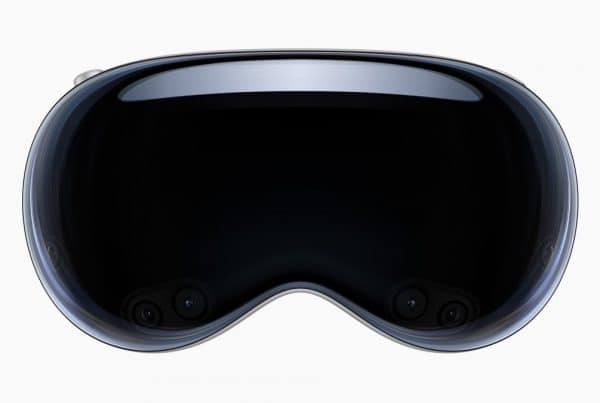From the factory to the warehouse, IoT will cut downtime, improve safety and speed up your supply chain.
Smart factory
On the factory floor, time is money — that’s why utilisation is so important. IoT will enable manufacturers of all kinds to drive output and product quality up. Sensors embedded in production line machinery can identify impending parts failure, enabling maintenance to be scheduled without unplanned downtime. IoT can track stock levels, alert to any delays in
inbound parts or materials shipments, and help orchestrate production to minimise delays and waste.
Supply chain automation
Tracking vehicles, shipping containers and pallets as they move from suppliers through manufacturing to distributors and retailers delivering a host of benefits. It enables manufacturers to tackle loss and theft, give customers more accurate delivery estimates and recover stolen assets. The end result is a reduction in waste and a better customer experience.
Site safety and security
Factories and warehouses can be dangerous places. IoT can help manufacturers fulfil their duty of care to keep employees and visitors safe. Connected monitors worn by staff can automatically alert managers to falls or other accidents and guide first responders to precisely the right location. IIoT-enabled cameras can be fitted anywhere around a site without the need for a power source and give an instant view of any hazardous areas, as well as raising the alarm in the event of a break-in, fire or flood, thereby lowering insurance premiums.
Connected products
IoT doesn’t just help improve operations. Manufacturers can build connectivity into products themselves, enabling new features that improve the customer experience, supporting over-the-air updates to reduce the need for costly recalls, and gathering data about real-world usage that can guide future product development.
Moreover, IoT enables manufacturers to move beyond selling products at all. Using IoT, manufacturers can shift to offering business outcomes as a service, with the price based on metered usage: a concept called servitisation. For customers looking to shift from CapEx to Opex, as-a-service models are incredibly attractive.







